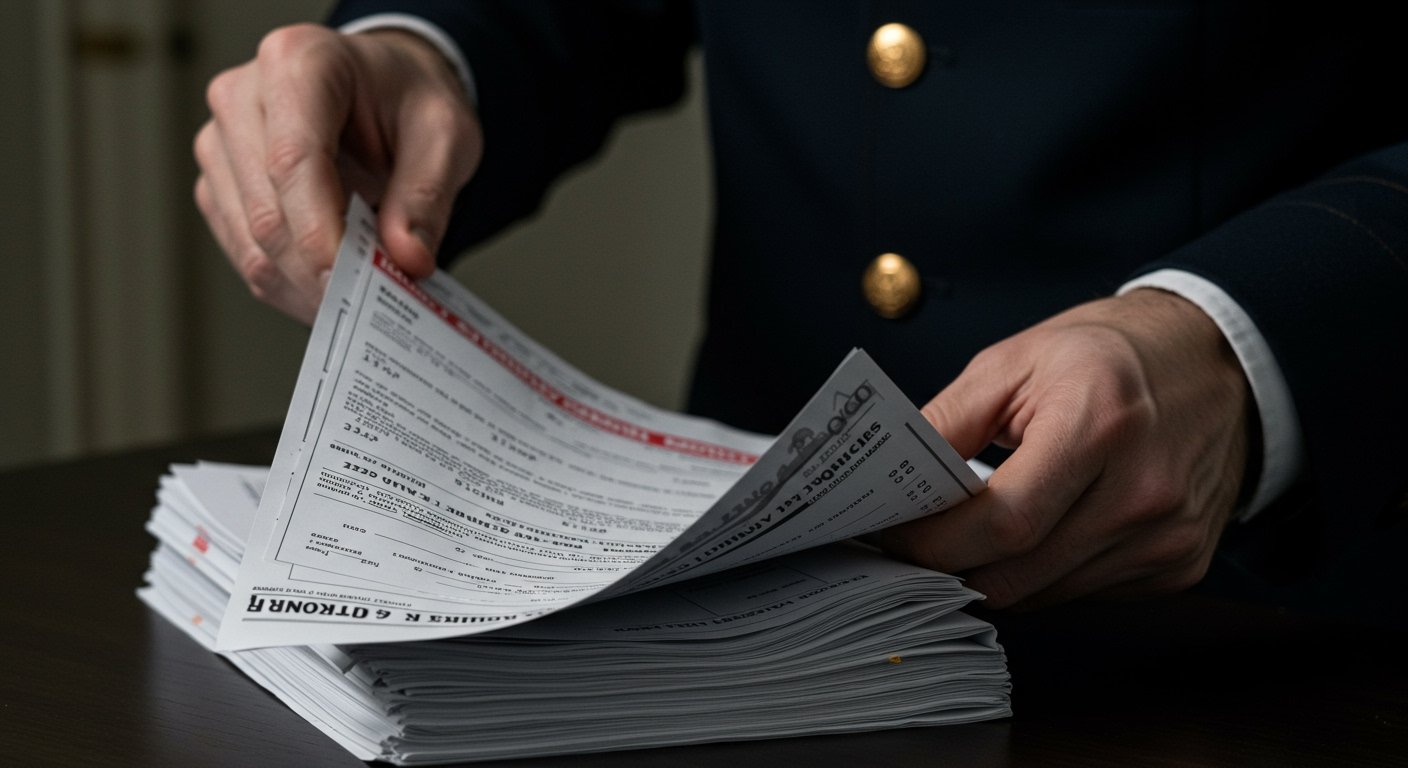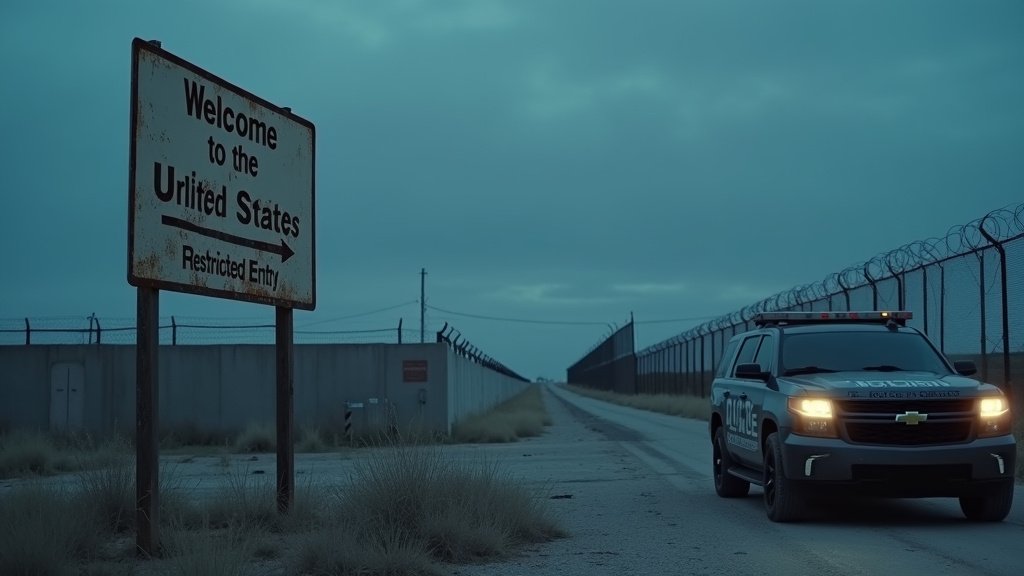Washington D.C. — The United States Department of Homeland Security (DHS) and the Department of Justice (DOJ) have jointly announced a significant new federal rule designed to streamline the process for imposing civil monetary penalties on individuals found to be in the United States illegally. The measure aims to expedite enforcement actions related to unlawful entry, failure to depart, and non-compliance with immigration orders, marking a notable procedural shift in immigration enforcement.
The new rule eliminates the previous administrative requirement of a 30-day notice of intent before a fine can be issued. This change is intended to accelerate the penalty process. Furthermore, the rule authorizes DHS immigration officers with the ability to transmit official fine notices to individuals via regular mail, expanding the methods of delivery beyond previously required forms of service. The process for contesting these civil fines has also been shortened under the new regulations.
Policy Context and Administration Objectives
According to DHS Assistant Secretary Tricia McLaughlin, this streamlined rule is part of the Trump administration’s broader efforts to enforce existing immigration laws and ensure consequences for violations. The administration has emphasized immigration enforcement as a key policy priority, and officials state that this new rule is intended to provide a more efficient mechanism for applying penalties outlined in federal statute.
Scope of Application
The revised process for fining will apply to several categories of individuals who are present in the United States without authorization or fail to comply with immigration directives. This includes aliens who enter the U.S. illegally, those who ignore or delay compliance with removal orders issued by immigration courts, and individuals who do not honor voluntary departure agreements reached with judges.
Specific Penalties Detailed
The joint rule reiterates and facilitates the application of specific civil fines previously established under law for these immigration violations. These include monetary penalties ranging from $100 to $500 for each instance of unlawful entry or attempted unlawful entry into the United States. For individuals who fail to honor a voluntary departure order, the fines specified range from $1,992 to $9,970. Willful failure to comply with a final order of removal can result in penalties of up to $998 per day that the individual remains in the country in violation of the order.
Recent History of Enforcement
It was reported that the imposition of fines for failure to depart had been stopped under the previous Biden administration. However, these fines were reportedly restarted by U.S. Immigration and Customs Enforcement (ICE) on June 13, 2025. This date coincides with a period shortly after President Trump’s return to office, signaling a renewed emphasis on using civil penalties as part of the enforcement strategy.
Incentive for Voluntary Departure
In conjunction with the announcement of the streamlined fining process, the DHS and DOJ also outlined a specific incentive related to voluntary departure. The announcement stated that illegal aliens who choose to self-deport from the United States through the mechanism provided by the CBP One App will receive forgiveness for any accumulated civil fines or penalties related to their failure to depart the United States. This provision appears intended to encourage voluntary compliance and reduce the burden on formal removal processes.
Conclusion
The implementation of this new joint rule by the Department of Homeland Security and the Department of Justice marks a significant procedural change in how the U.S. government administers civil fines for immigration violations. By eliminating the 30-day notice period, authorizing regular mail for notifications, and shortening the contest process, authorities aim to make the imposition of these penalties more swift and efficient. The policy change, situated within the Trump administration’s enforcement agenda and coming after a reported pause under the prior administration, reinforces the use of financial penalties as a tool to deter unlawful immigration and encourage compliance with departure orders, while also offering a specific pathway for fine forgiveness through voluntary self-deportation via the CBP One App.





